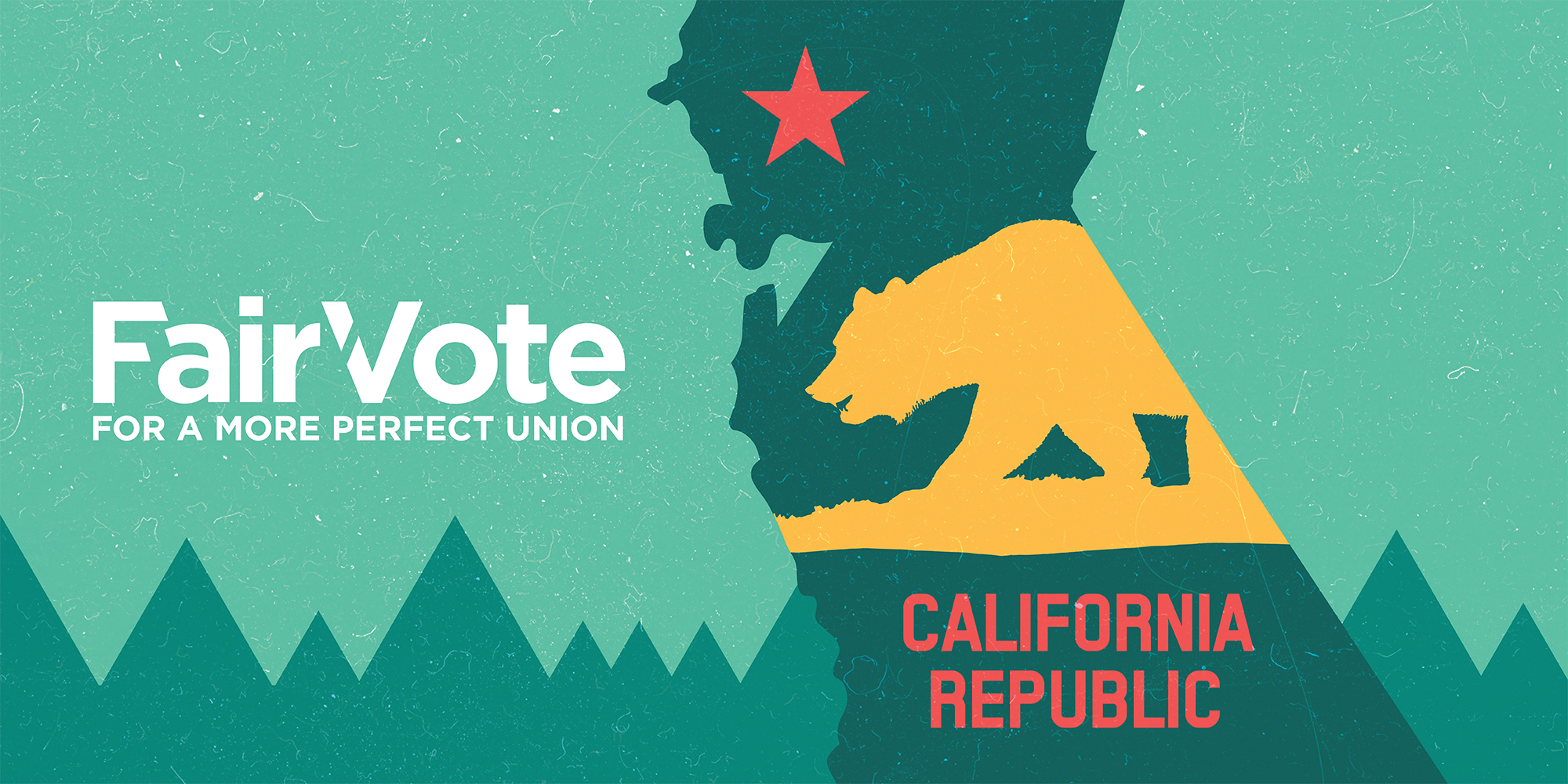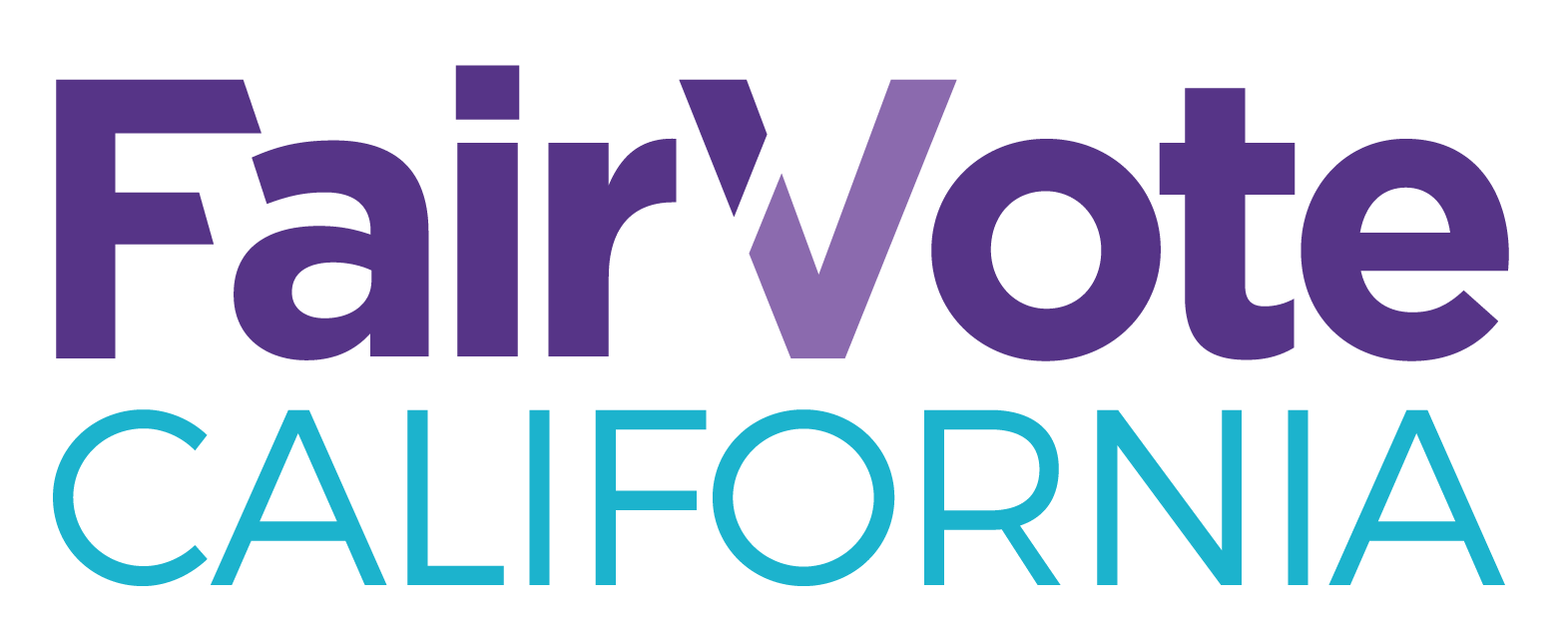
Last November, the city of Hesperia held its first set of district elections. In a district where Latinx voters comprise half the citizen voting age population, voters spread their votes among four Latinx candidates, resulting in a white candidate winning with only 34.92 percent of the vote, while his four Latinx opponents nearly doubled his vote total.
There are elections with outcomes like this all over California. In an analysis by California Common Cause, 13 percent of winning candidates elected in single-seat elections between 2006 and 2014 were elected without majority support. Winning with less than a majority can undermine voter confidence in local government. Most voters chose someone other than the person installed in public office.
That isn’t fair representation. It’s winner-take-all, even if the winner isn’t liked by most people.
Charter cities in California can tinker with their election methods and improve outcomes for their communities, while general law cities, counties, and school districts are restricted to the existing, winner-take-all election method.
A new bill in the California legislature would allow cities to switch to a new method known as ranked choice voting (RCV), which ensures winning candidates have a strong mandate from voters. California State Sen. Ben Allen introduced SB 212 to allow general law cities and counties, as well as school districts, the flexibility to run RCV elections. This is essentially an “instant runoff” election that only requires one trip to the polls instead of two.
More than a dozen cities, including four in the Bay Area, and one state have already experienced the success of RCV elections, with nearly a dozen more poised to implement in the coming year.
Among its benefits, RCV has resulted in higher participation rates. In 2017-2018, turnout in all jurisdictions holding RCV elections surpassed projections. San Francisco had more voters in its RCV special election for mayor than for the gubernatorial and senate election not using a ranked ballot. They also saw the second highest voter turnout in San Francisco mayoral election history.
SB 212 offers local jurisdictions a chance to join their Bay Area counterparts in adopting an election methods that suits local needs, and lead to a democratic process that works better for everyone.
In California and want to get involved? Sign up here.

Showing 1 reaction